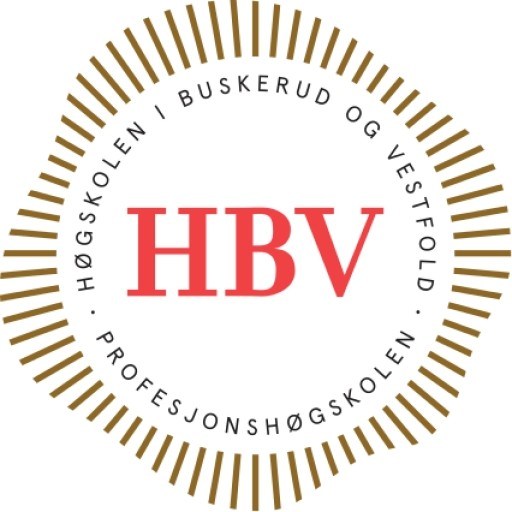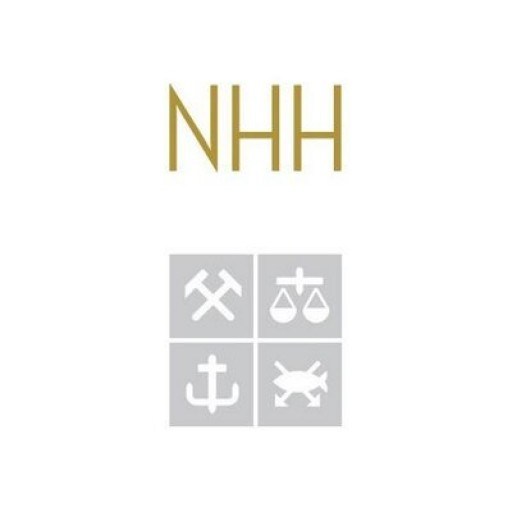Photos of university / #hbvinfo
Bachelor in Maritime Technical Management is a comprehensive educational program designed to prepare students for a successful career in the maritime industry, focusing on the technical and managerial aspects of ship operations and maritime logistics. The program combines theoretical knowledge with practical skills to ensure graduates are well-equipped to handle the complex challenges faced by modern maritime companies. Students will gain a solid understanding of maritime technology, safety procedures, environmental regulations, and management strategies essential for operating ships efficiently and sustainably.
Throughout the program, students will explore topics such as maritime engineering, navigation systems, ship maintenance, maritime law, and leadership in a marine context. The curriculum emphasizes the importance of safety culture, risk assessment, and innovative technology to improve vessel performance and compliance with international standards. Practical training and internships are integral parts of the program, providing students with real-world experience and industry connections that are crucial for career development.
The program also prepares students for leadership roles within maritime organizations, emphasizing communication, teamwork, and decision-making skills. Graduates will be capable of overseeing technical operations onboard ships and within maritime companies, ensuring compliance with safety and environmental regulations. The education at Buskerud and Vestfold University College aims to foster critical thinking, problem-solving abilities, and a proactive approach to maritime challenges, contributing to a sustainable and efficient maritime industry globally.
Upon completion of the Bachelor in Maritime Technical Management, students will be qualified for various employment opportunities including ship management, technical supervision, maritime consultancy, and further studies in maritime engineering or management fields. The program’s strong focus on industry-relevant skills and international standards makes it a highly valuable qualification in the global maritime market, opening doors to diverse and rewarding career paths within the maritime sector.
The Maritime Technical Management program at Buskerud and Vestfold University College is a comprehensive advanced degree designed to prepare students for leadership roles within the maritime industry. This program offers in-depth knowledge of maritime technology, vessel operations, and management strategies necessary to ensure safety, efficiency, and environmental compliance in shipping operations. Students will explore core subjects such as maritime engineering, navigation systems, ship stability, and cargo handling, all grounded in the latest technological developments and industry standards. The curriculum emphasizes practical skills alongside theoretical understanding, equipping graduates to manage complex maritime systems and lead technical teams effectively.
Throughout the program, students gain valuable insights into maritime logistics, maintenance planning, and safety management, which are essential for overseeing the technical aspects of vessel operation and fleet management. They will also learn about the regulatory framework governing international shipping, including SOLAS, MARPOL, and ISM Code, ensuring they are well-versed in maritime legal requirements and safety protocols. The coursework includes case studies, simulation exercises, and industry projects, providing hands-on experience that mirrors real-world challenges faced by technical managers at sea and ashore.
Additionally, the program fosters critical thinking, problem-solving, and leadership skills necessary for high-responsibility positions within the maritime sector. Students have opportunities to engage with industry professionals through guest lectures, internships, and cooperative education placements, facilitating networking and practical exposure. Graduates of Maritime Technical Management are well-positioned for careers as technical superintendents, ship managers, maintenance coordinators, or port operations managers, among other roles. By combining technical expertise with management principles, this program aims to produce competent leaders who can contribute innovatively and responsibly to the global maritime industry.
The financing of the Maritime Technical Management program at Buskerud and Vestfold University College is primarily structured through a combination of government funding, student tuition fees, and potential scholarships. As an internationally recognized institution in Norway, the university benefits from the Norwegian government’s support for higher education, which helps to subsidize the program, making it accessible to both Norwegian and international students. Tuition fees for students from countries outside the European Union/European Economic Area are applicable, and these fees are set annually, reflecting the costs associated with delivering high-quality maritime education and practical training. Norwegian and EEA students often benefit from lower or no tuition fees due to government subsidies, ensuring accessibility for local students pursuing careers in maritime management and related fields.
Students are encouraged to explore various funding options, including government student loans and grants, which are available through the Norwegian State Educational Loan Fund (Lånekassen). These financial aids are designed to support students financially during their studies, covering tuition fees, living expenses, and other educational costs. The university also provides guidance on applying for external scholarships and funding opportunities, especially for international students who may need additional financial support to study in Norway.
In addition to governmental and external funding, some students may finance their studies through part-time employment, which is facilitated by Norway’s favorable work regulations for students. The university’s location in Vestfold also offers opportunities for industry collaboration and internships, providing students with practical work experiences that can contribute to their financial stability during the program.
Overall, the financing structure of the Maritime Technical Management program aims to minimize financial barriers for qualified students, promoting diversity and inclusion within the maritime industry. The university continuously updates its financial aid offerings, ensuring alignment with changes in governmental policies and economic conditions to support the academic ambitions of its student body.
The Maritime Technical Management program at Buskerud and Vestfold University College (now part of Vestfold University) is designed to prepare students for chief engineer and technical management roles within the maritime industry. This program combines theoretical knowledge with practical skills necessary to oversee the technical aspects of ship operation, maintenance, and management. It emphasizes understanding maritime engineering systems, safety standards, environmental regulations, and leadership qualities essential for managing technical departments on ships. The curriculum typically covers subjects such as marine engineering, ship construction, automation, electrical systems, and management principles. Students are exposed to both classroom learning and simulated practical exercises to develop problem-solving skills applicable in real-world maritime contexts. The program aims to equip graduates with the competence to plan, implement, and supervise maintenance activities, ensuring ship safety and operational efficiency. As part of their education, students may participate in internships onboard ships or at maritime companies to gain hands-on experience. The program also addresses regulatory compliance with international maritime organizations and emphasizes sustainable maritime practices. Graduates of the program can pursue careers as chief engineers, technical managers, safety officers, or in other technical roles within the maritime industry. The program’s accreditation and partnership with maritime organizations ensure that it maintains high educational standards aligned with global maritime industry requirements. This training prepares students thoroughly for the technological challenges faced in modern shipping operations.




